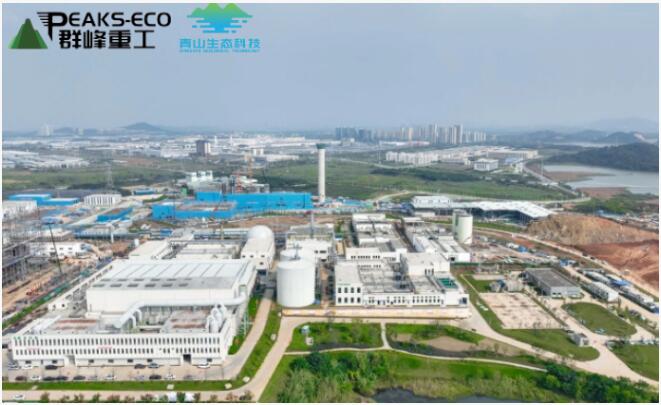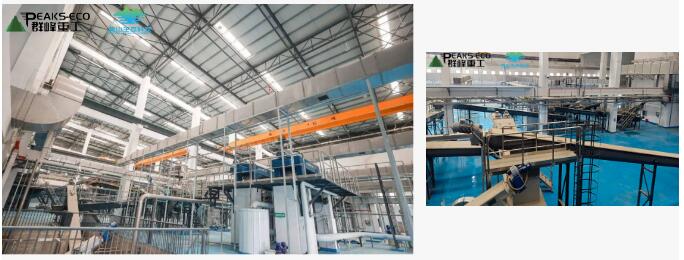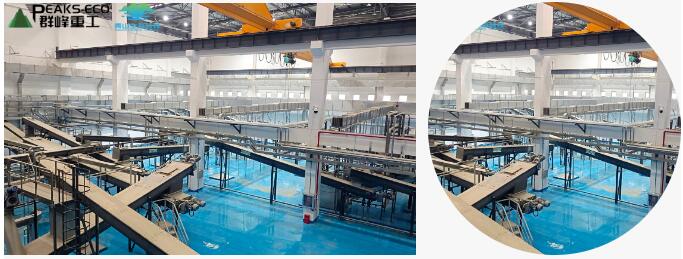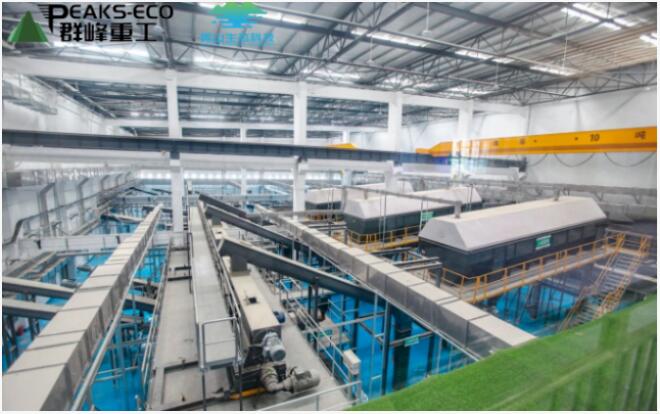In central China, an organic solid waste disposal project of unprecedented scale and leading technology is in full swing in Qianzishan Circular Economy Industrial Park, Caidian District, Wuhan City. This is the Qianzishan Organic Solid Waste Disposal Project, which is not only the largest in Central China, but also the largest kitchen waste disposal project using a dry anaerobic process under construction in China.

With the core concept of waste resourcing, the project turns waste kitchen waste into treasure through a series of innovative initiatives such as solid residue energy recovery, digestate composting, biogas cogeneration, waste heat recovery, etc., to maximize the effective use of resources. This series of processes not only reaches the leading level in China, but more importantly, it provides an important demonstration and reference for similar projects.
The food waste treatment line of the project adopts the unique processing method of "crushing and screening + extrusion and dewatering + fine pulping". Qunfeng Heavy Industry provides the whole process equipment, aiming to maximize the resourcefulness of the waste.

The process involves preliminary crushing and screening of food waste, followed by extrusion dewatering to further remove water, and finally fine separation of slurry through fine pulping. This treatment is able to convert food waste into usable resources such as biogas and fertilizer.
In terms of process, the project has reached a leading level in China. The innovative technology and resource utilization measures of its food waste treatment line not only improve the efficiency of waste treatment but also enhance the environmental friendliness and sustainability of the project. The promotion and application of this process will help promote the green development of the industry and the construction of a circular economy.


The food waste treatment line of the Chizishan Organic Solid Waste Disposal Project has become a new benchmark in the industry with its innovative technology and resource utilization measures. The successful operation of this project not only provides an effective way to solve the problem of food waste but also makes a positive contribution to promoting the development of environmental protection and the construction of a circular economy.